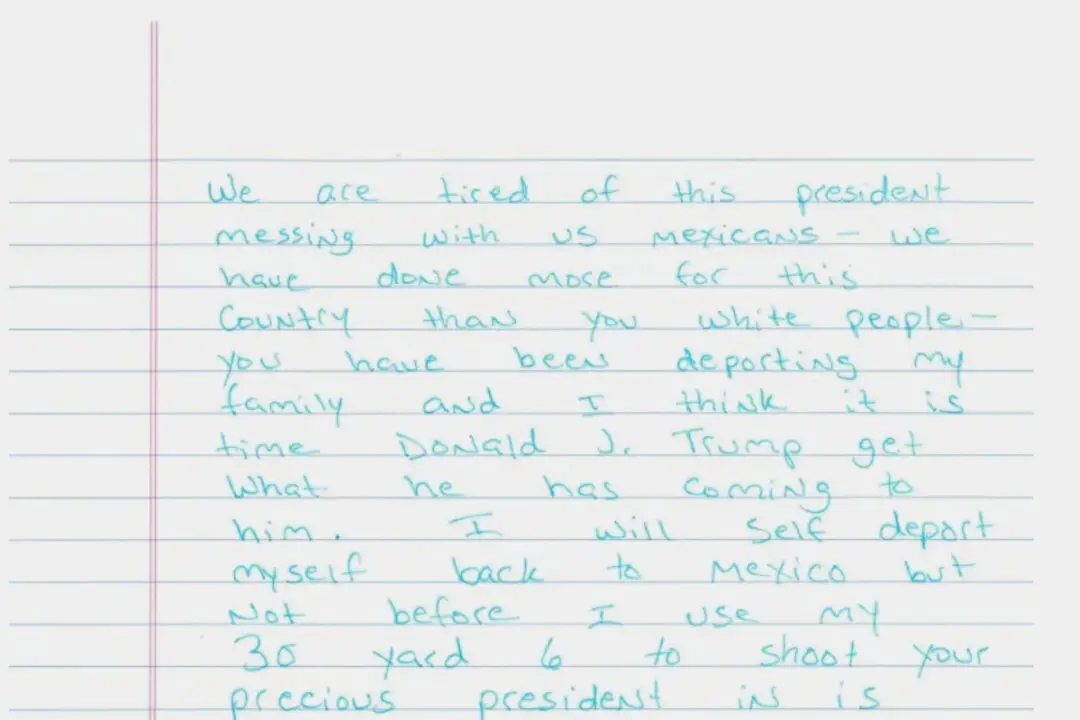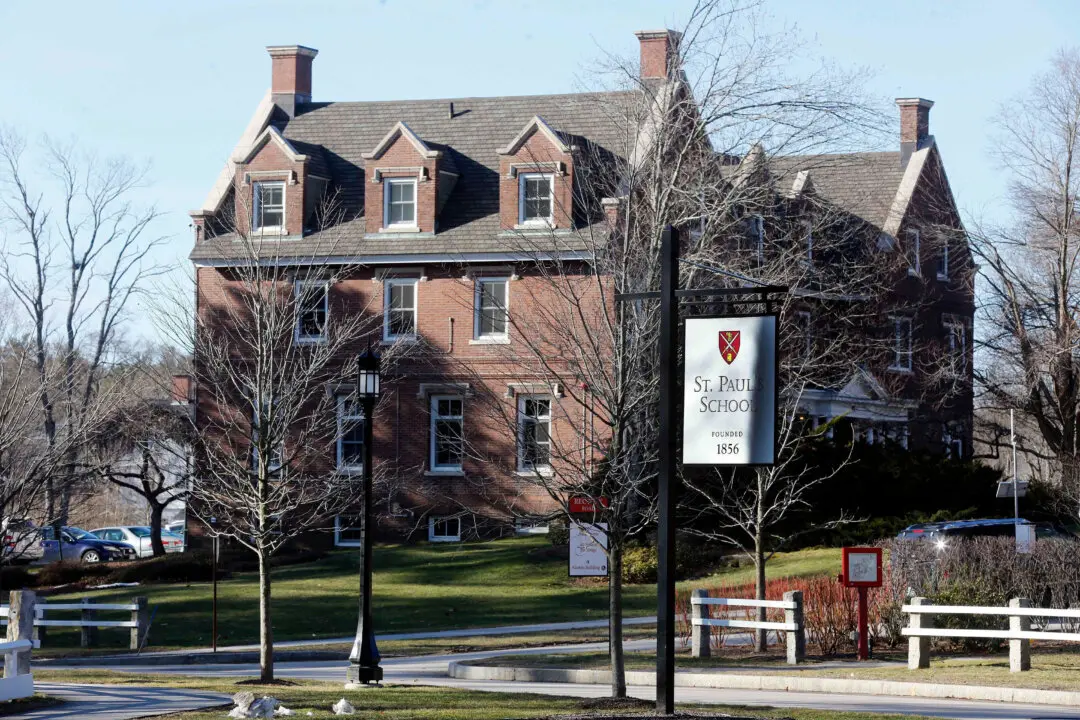LYON, France—In China, she enjoyed the privileges that flowed from being married to a senior member of the Chinese Communist Party’s (CCP) elite. Her husband was a top police official in the security apparatus that keeps the CCP in power, so trusted that the regime sent him to France to take up a prestigious role at Interpol.
But Meng Hongwei, the former Interpol president, has now vanished into the CCP’s sprawling penal system, purged in a stunning fall from grace. And his wife is alone with their twin boys in France, a political refugee under round-the-clock French police protection following what she suspects was an attempt by Chinese agents to kidnap and deliver them to an uncertain fate.




